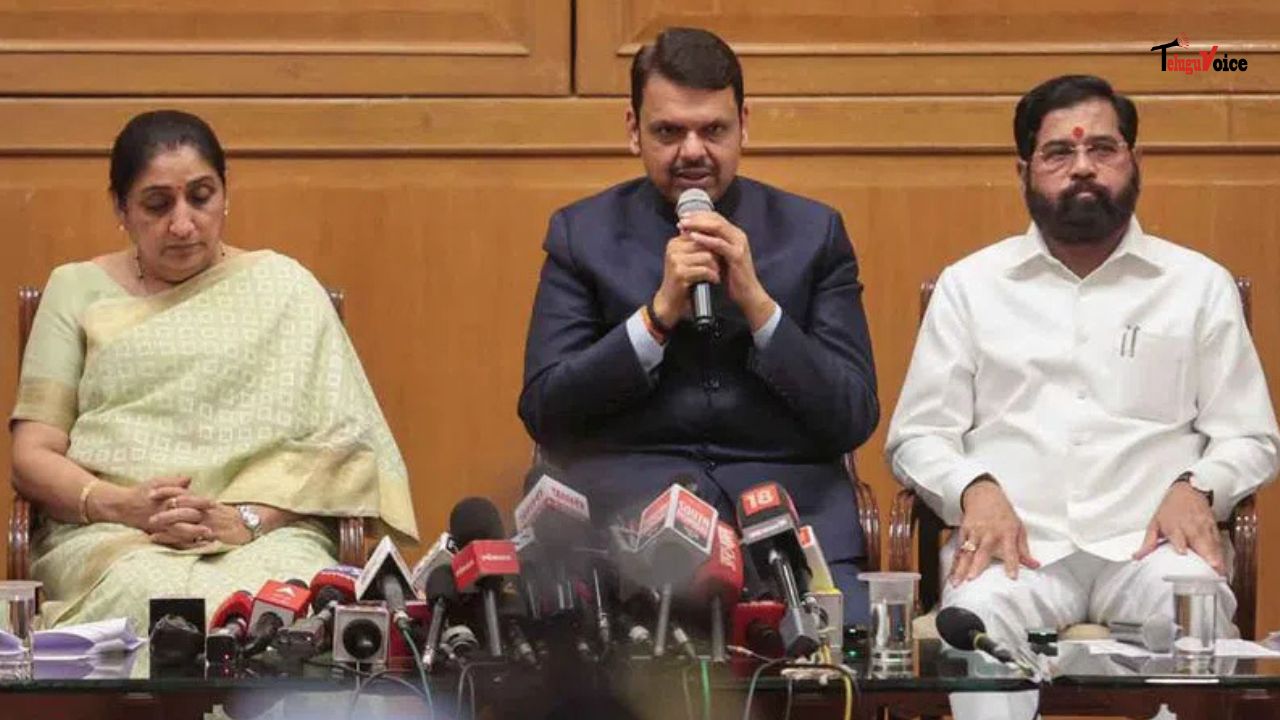PM Modi’s Operation Sindoor: A New Anti-Terror Doctrine

On May 7, India launched Operation Sindoor—a major military offensive targeting terror infrastructure in Pakistan and PoK—fulfilling PM Modi’s April 24 vow to avenge the Pahalgam terror attack that killed 26 civilians.
Operation Sindoor marked a bold shift in India’s counterterrorism strategy, grounded in Modi’s 3E doctrine: Eliminate, Eradicate, Evaporate. The coordinated tri-services strike achieved key objectives: neutralizing 11 Pakistani military-linked air bases and destroying nine terror camps in Muzaffarabad, Kotli, and Balakot.
Over 100 terrorists were killed, including five top ISI-backed operatives. This wasn’t symbolic retaliation—it was a precise, high-impact strike dismantling Pakistan’s terror support system. Critics, particularly the Congress party, attempted to compare it with the 1971 war, missing the nuance between conventional war and today’s asymmetric threats. PM Modi’s approach represents a departure from past governments’ restraint.
In contrast to the post-2008 Mumbai attacks, which saw only diplomatic responses, the Modi era has witnessed bold action—surgical strikes in 2016, Balakot in 2019, and now Sindoor. The new doctrine prioritizes proactive deterrence over reactive diplomacy. Modi has empowered the armed forces with operational freedom and redefined national security as a personal and policy priority. Operation Sindoor sends a clear message: India will strike decisively to protect its citizens.

 South Africa tour of India 2019
South Africa tour of India 2019










Comments